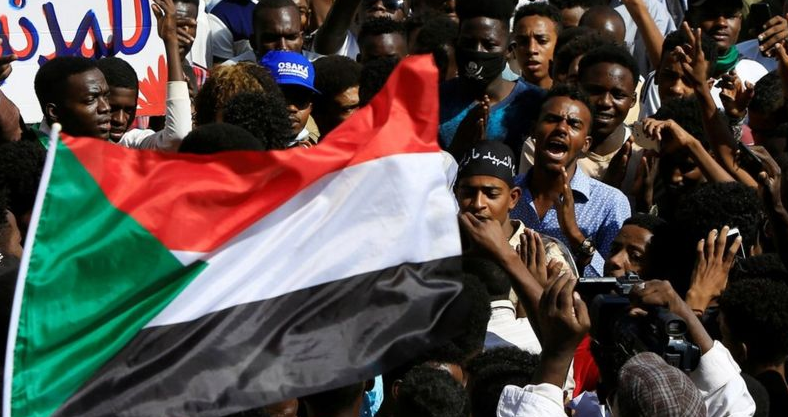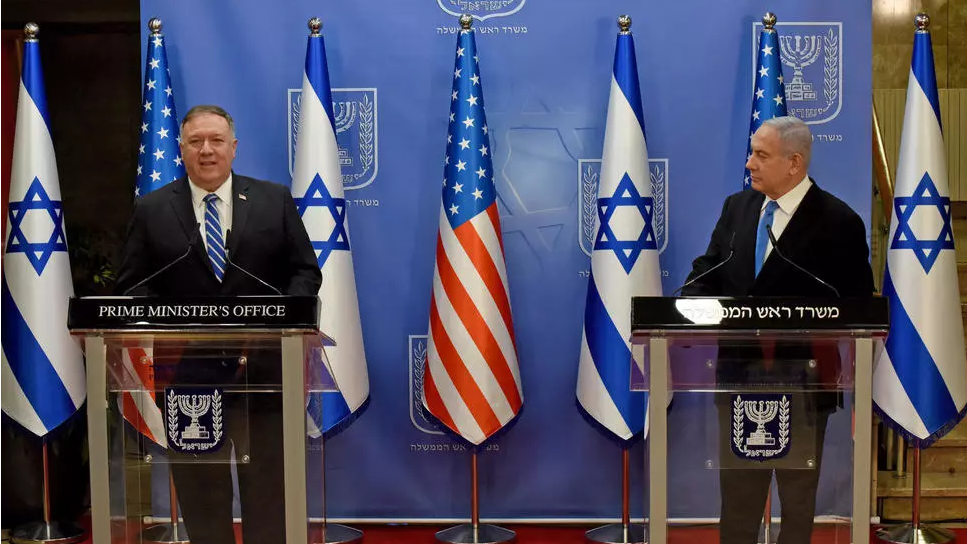
Sudan is to normalize ties with Israel. /Reuters
Sudan is to normalize ties with Israel. /Reuters
Sudan's leader said Monday that the decision to normalize ties with Israel was an incentive for President Donald Trump's administration to end Sudan's international pariah status.
General Abdel-Fattah Burhan, head of the ruling sovereign council, told state television that without the normalization with the Jewish state, Sudan would have had to wait until deep into next year to be removed from the U.S.'s list of state sponsors of terrorism.
Trump's administration has tied the de-listing of Sudan to a deal to normalize ties with the Jewish state. The African country is the third Arab state – after the United Arab Emirates and Bahrain – to move to normalize relations with Israel. The administration was eager to achieve diplomatic victories in the run-up to the U.S. presidential election November 3.
"If the candidate (Trump) wanted some gains, we also wanted some gains ... We would have waited for August or September," he said. "We are more winners than any other party."
Trump announced Friday that Sudan would start to normalize ties with Israel after pledging that the African country would be removed from the terror list after it agreed to put $335 million in an escrow account to be used to compensate American victims of terror attacks. The attacks include the 1998 bombings of the U.S. embassies in Kenya and Tanzania by the al-Qaeda network while its leader, Osama bin Laden, was living in Sudan. In exchange, Trump notified Congress on Friday of his intent to remove Sudan from the U.S. list of state sponsors of terrorism.
Burhan said both deals will open the door for Sudan to be integrated into the global financial and political system. "It was necessary for us to bring Sudan back into the global system," he said.

U.S. Secretary of State Mike Pompeo has said he hopes Khartoum will soon normalize ties with Israel. /AFP
U.S. Secretary of State Mike Pompeo has said he hopes Khartoum will soon normalize ties with Israel. /AFP
Sudan wants to revive its battered economy and rescue its transition to democracy, following a popular uprising last year that led the military to overthrow longtime autocrat Omar al-Bashir.
The transitional government has been struggling with a huge budget deficit and widespread shortages of essential goods, including fuel, bread and medicine. Annual inflation soared past 200 percent last month as prices of bread and other staples surged, according to official figures.
Burhan said he is confident the normalization deal will be ratified by the interim parliament, challenging political parties that object to campaign in the next elections to cut ties with the U.S. and Israel.
He also said that Sudan, a Muslim-majority African country, still supports the Palestinian people in their call for an independent state on territory captured by Israel in 1967.
The Sudanese leader urged Israel to carry out its part in the 2002 Arab Peace Initiative, which offers Israel normal ties with Arab states in return for Palestinian statehood.
Khartoum hosted the historic Arab League summit after the 1967 Mideast War. The conference approved a resolution that became known as the "three no's" – no peace with Israel, no recognition of Israel and no negotiations.
(Cover image: Sudanese General Abdel-Fattah Burhan speaks during a military-backed rally in Omdurman district, west of Khartoum, Sudan, June 29, 2019. /AP)
Source(s): AP